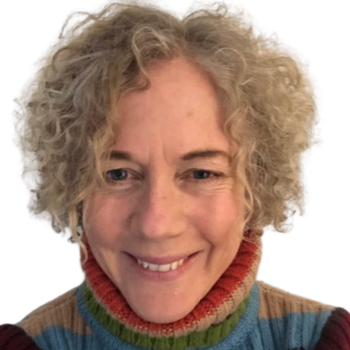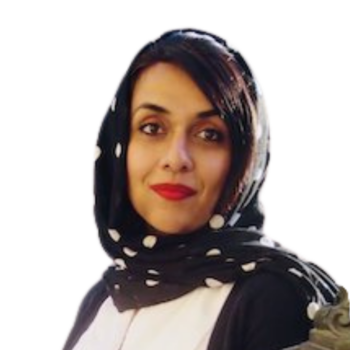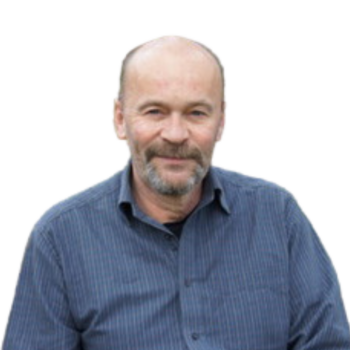Session 1: Where I Am Now
A focus on summing up your novel idea and taking stock of your current practice as a novel writer. You’ll work on a new pitch and blurb to introduce your novel idea to the group, and set some intentions for the months ahead, thinking about what kind of writer you are. What’s stopped you from progressing your writing in the past? We’ll look at what to do when life gets in the way, how to keep your story alive even when you’re not writing, and the art of giving and receiving good critical feedback.
In each monthly session you’ll learn to read like a writer, analysing extracts from key authors to get under the bonnet of the novelist’s craft and sharpen your technique. You’ll also read and respond to the work of your peers in every session, following our critiquing guidelines, to further hone your judgment and editorial skills.
Session 2: My Fictional World
In this session, we’ll look in depth at place in your novel, and practical techniques to help you create more engrossing interiors and exteriors. In particular we’ll explore ways to work with sensory information, colour and movement. You’ll experiment with using description to affect the pacing of your scenes, use sensory devices to set up tension and suspense, and combine description with point of view to create more complex characters.
Session 3: Inhabiting Fictional Bodies
How to embody the physicality of your characters and connect them to their settings. We’ll try out observation exercises and ways of moving in and out of different bodies to observe your fictional world. There are ideas based on method acting to help you get under your characters’ skin and we’ll think about ways to allow space for the reader to do some work.
Session 4: Vocal Tune-up
In this session, take a deep dive into your voice and what makes you unique as a writer. We’ll look at ways to tend your sentences and word choice, and power your prose so that the reader only notices the effect not the language. There are practical tips on using sound, cadence, length and style on the page, plus how to be brave and become more proud of your work.
Session 5: Who is My Narrator?
This month we’ll think about psychic distance. How far are you from the action as narrator – and where is your reader? We’ll look at genre conventions and how far your reader expects to be invested emotionally in the events of your novel. There are practical exercises on shifting POVs, drawing readers closer to the action and pulling back to show the bigger picture. Have you set up a varied reading experience?
Session 6: Where Am I Going?
The essentials of narrative structure sound simple – beginning, middle, end – but once you get past the start of your novel it can feel like being lost in the woods. We’ll look at archetypal story structure and ways to plot a path towards a satisfying end. We’ll also explore the importance of change and reader empathy for the character at the heart of your work of fiction, with practical exercises to keep your story on track.
Session 7: Taking Stock
A month to step back and reassess your progress so far. We’ll audit your work at this point and look again at what to do when life gets in the way. Drawing on practical techniques from therapeutic and reflective writing, including free writing and journalling, we’ll find ways to explore your characters, themes and story world from a new perspective, and refresh a jaded writing palate.
Session 8: Shape & Theme – Explore divisions within your novel, from sections to chapters to scenes. Are they arranged in the best way for your story, your genre and your reader? Experiment with alternative approaches, and think about emerging themes and how you weave things together as a whole.
Session 9: Beginnings & Endings – Look at the start and end of each chapter, and use this as a focus for assessing the pace and build of your storytelling. Practical techniques for adding suspense and other ways to keep a reader on your side over the long haul of a novel.
Session 10: The End – This month we’ll think about the actual end of your novel, think about what needs to happen and how you’ll get your protagonist to that point. Also considering self-care for the novel writer, and how to maintain the energy to keep on keeping on to the end.
Session 11: Step Back to Edit
You may be nearing a full first draft, so this month we’ll focus on thinking like an editor, and what an editor’s eagle eye can teach you as a writer. Overview of the key stages of editing, and why you should stop work at sentence level this month. Practical exercises in architectural editing and assembling your own checklists and style guide.
Session 12: Getting Real
At the end of the year, a look out at the industry and options for next steps: publishing, self-publishing, hybrid models. Setting expectations and assessing what’s right for you at this stage in your writing career. Taking stock of all your achievements and setting intentions for the future.
At the end of the 12 months you’ll have everything you need, including expert feedback and one-to-one guidance, to move onto our Edit Your Novel course, to prepare your work for submission to agents, or for self-publishing.
Or you have the option to continue your monthly subscription and keep working through the course month by month and working with our tutors until you finish your draft.
Feedback
Your tutor will give you feedback at set points during the course on your progressing novel and prose. This takes different forms at different stages of the course, including one-to-one Zoom tutorial, individual podcast, notes on your manuscript, written notes or group tutorials. These will be outlined by your moderator at the start of the course.
You will read and respond to at least two of your peers’ submissions every month, as directed by your tutor and following our critiquing guidelines. In turn you will receive peer feedback on your own work.






















